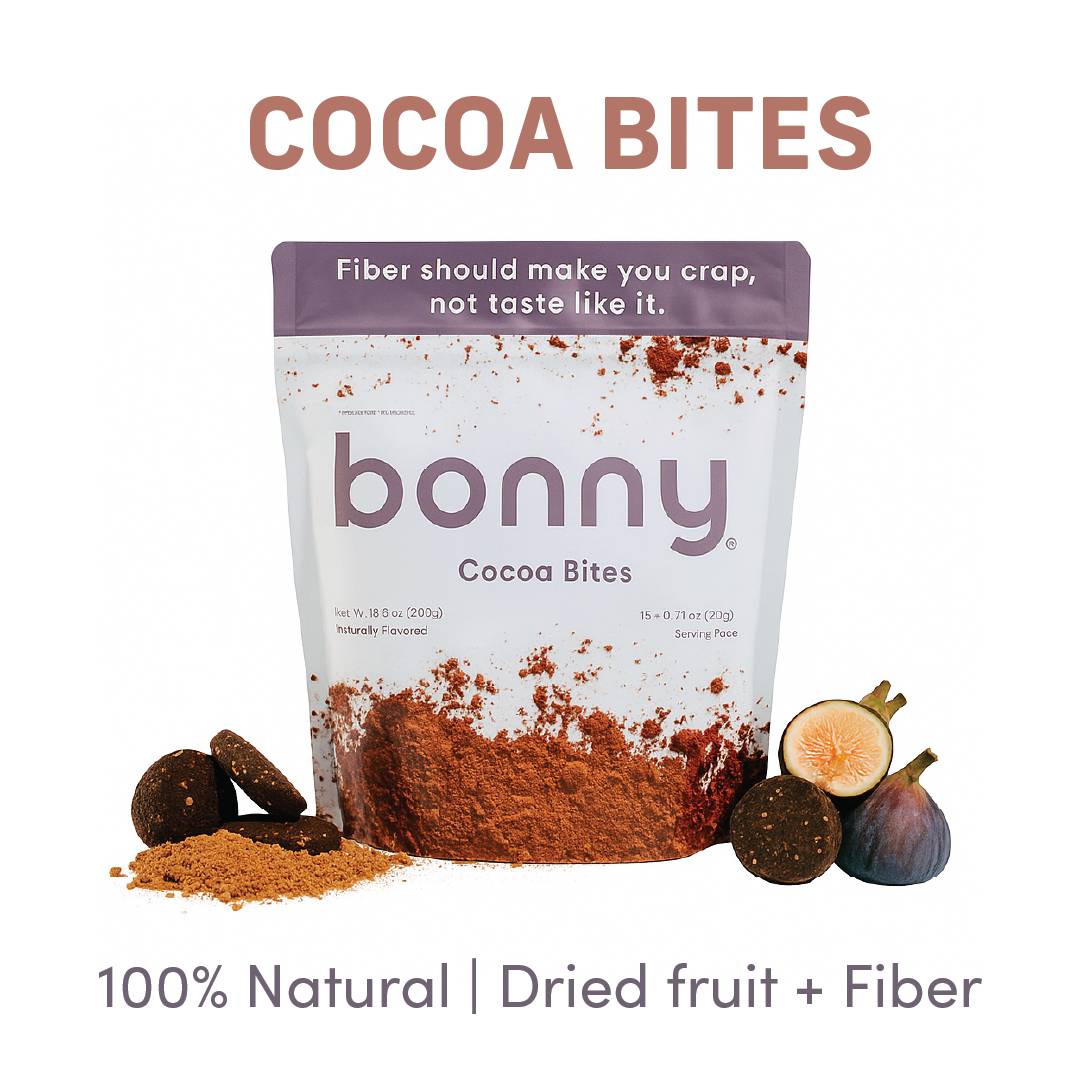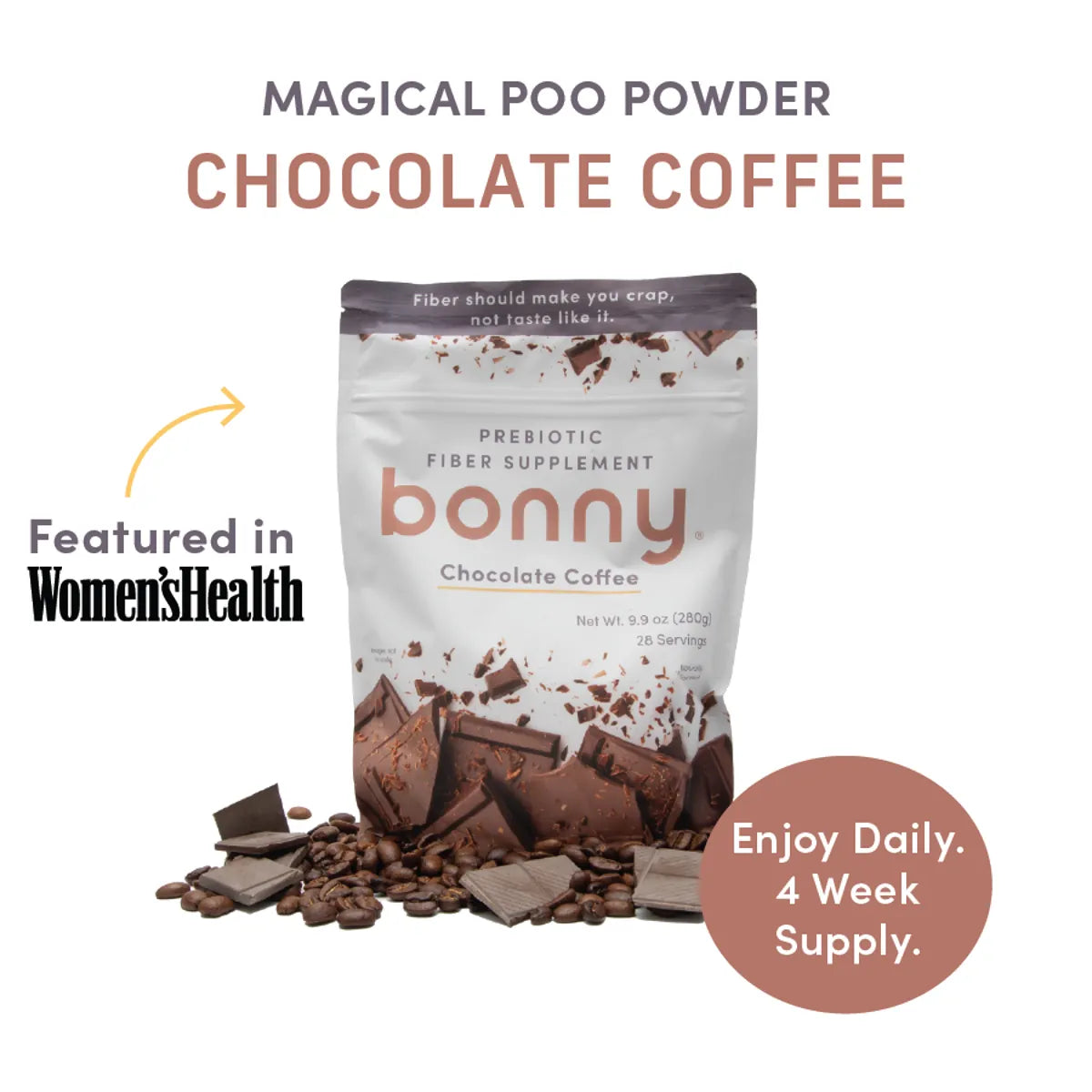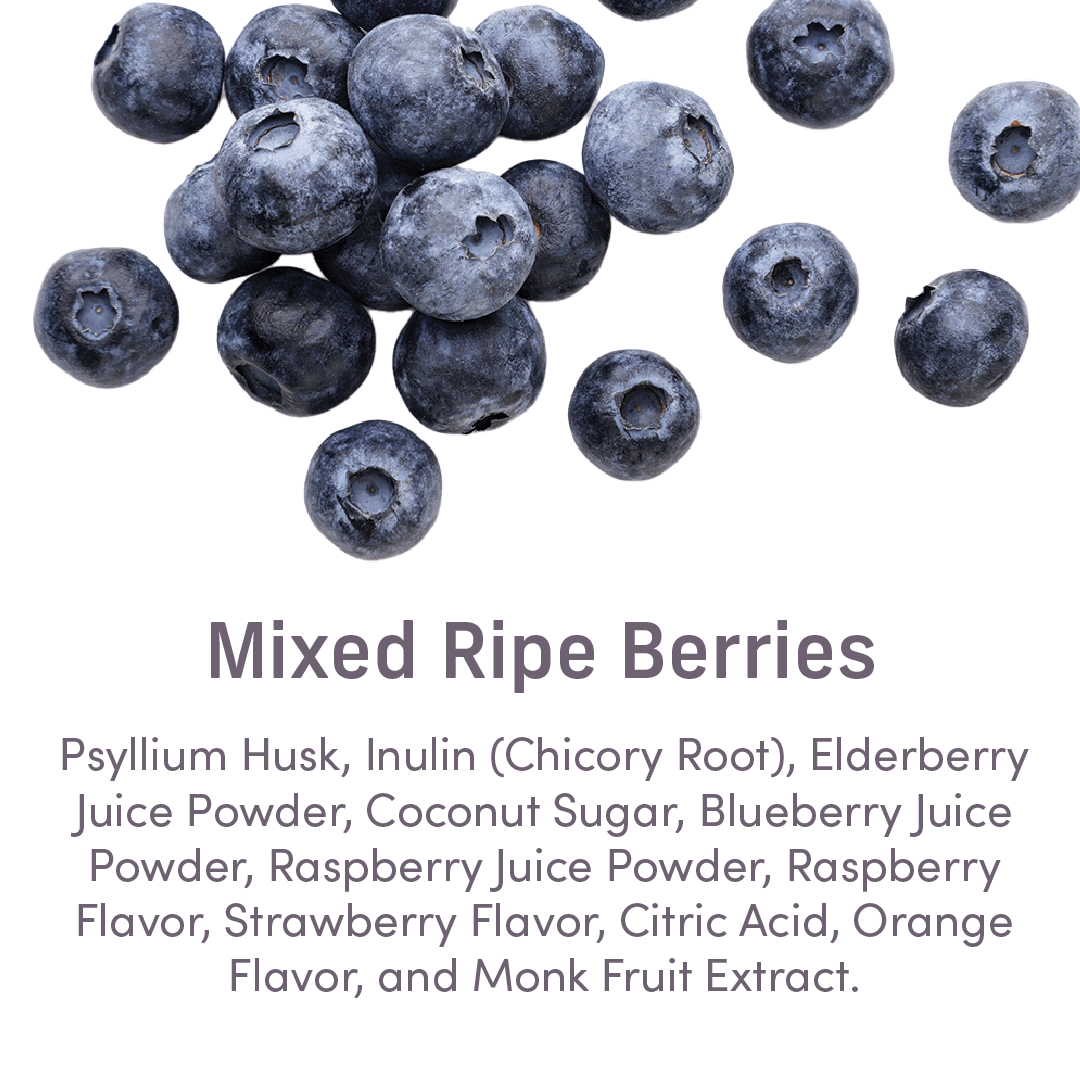If you’re one of the OGs who has been reading our blog from the beginning (thank you), you are well aware of how important fiber is to our gut health and overall well-being.
You know fiber is amazing for improving gut health, aiding with weight management, helping lower cholesterol, regulating blood sugar, as well as helping your skin look its best. Yep, what can’t fiber do (aside from your taxes)?
But have you ever stopped to think about what exactly is fiber? Well it turns out fiber isn’t just one fiber, there are different types and sources. Read on for a deep dive into this plant-based wonder.
Does Fiber Come From Plants?

NBC Manifest / Via media.giphy.com
Yes, fiber comes from plants, to be specific dietary fibers are composed of cell walls from plant materials that cannot be digested in the body. In case you were curious, this means that dairy and meat products do not contain naturally occurring fiber. Sad to say that go-to comfort foods like white bread, white rice, and pastries almost have zero content of fiber naturally.
So Where Can I Find Fiber?
As a kid growing up, did adults tell you to eat the skin of an apple? That’s because fiber is the main part of the skin of fruits and vegetables. Up to one-third of the fiber in that fiber-rich fruit or veggie is in the skin so don’t lose that nutrient-rich coating. If you want to increase your fiber intake, you can add other high-fiber food like oats, barley, lentils to your diet.
Now that we got the basics covered, let’s dive in and get to know your fiber type a little better!
What is Your Fiber Type?
Pop quiz: How many types of fiber exist? Answer: Two.
Yes, there are two types of fiber: Soluble fiber and Insoluble fiber, and you need both of them.
All About Soluble Fibers
Soluble fibers are the kind that absorbs water and in turn, become a gel. If you want to curb your appetite, soluble fiber can help make you feel fuller. The gel takes up space in your colon making you feel satiated. Different types of soluble fibers include:
- Psyllium. We love this fiber and your gut will too! Psyllium is extracted from the husks of the Plantago ovata plant. Psyllium husk can be found used in supplements, fiber drinks, and is added to foods as it helps lower cholesterol and prevents constipation.
- Inulin oligofructose. This is a prebiotic fiber that increases the good bacteria in the gut, known as probiotics, and enhances immune function. Inulin oligofructose is extracted from onions and byproducts of sugar production from beets and chicory roots.
- Beta-glucans. They are located in certain types of plants like oats and barley and fungus like yeast, algae, and bacteria. These fibers help lower the bad LDL cholesterol, and reduce the risk of coronary heart disease, and type 2 diabetes.
All About Insoluble Fibers
Insoluble fibers prevent constipation and regulate your bowel movement by moving the waste through your intestines before it hits the toilet. This fiber stays intact in the gut, so it is not digested by the body. Insoluble fiber acts as a magnet, attracting the waste in the gut so you can have a smooth release on the toilet. It’s a dirty job but somebody’s got to do it. Insoluble fibers include:
- Lignin. Lignin is found in the cell wall structure in plants. It is known to support heart health and is found in flax, rye, and some vegetables
- Cellulose. Known as nature’s laxative, Cellulose helps with gut health by reducing constipation, lowering the risk of diverticulitis, and can help with weight management. It is found in nuts, bran, seeds, whole wheat, whole grains, edible brown rice, and the skins of produce.
Both soluble and insoluble fiber can be found in many foods, but remember the more natural and unprocessed the food, the higher the fiber content.
The Amazing Benefits of Fiber

HBO Veep / Via media.giphy.com
Both soluble and insoluble fiber comes with a lot of health benefits that keep our overall well-being happy:
Improves Regularity
Both fiber types help make your bowel movements regular and support your gut to help avoid constipation. (Happy dance!) Soluble fiber, since it retains water, makes the stool softer and easier to pass through your intestines. Insoluble fiber bulks up the fecal material, which makes the passage through your gut faster, helping prevent constipation.
Boosts Immunity
Did you know that 70% of our body’s immunity depends on our gut health? (Yes, you read that right, 70%!) What better way to take care of gut health than to feed it with the good stuff: fiber! Fiber sweeps away the waste in the gut making removing the nutrients our gut microbiome needs. Want a deeper dive? Check out our blog post all about it.
Helps You Feel Fuller
Fiber is amazing for weight management. High-fiber foods make us feel full longer which can help prevent mid-day snacking. High-fiber foods also tend to be lower in calories. Together, this can lead to weight loss, if that is your goal.
Interested in the science? Research showed that soluble fiber, when fermented in the large intestine, produces glucagon-like peptide (GLP-1) and peptide YY (PYY). Why do you care about these peptides? These two gut hormones play an important role in inducing the feeling of being full.
Regulates Blood Sugar
Fiber, like psyllium husk, works great in maintaining healthy blood sugar levels because the gel-forming fibers in psyllium husk slow down food digestion which, in turn, regulate blood sugar levels.
Helps Lower Cholesterol
Soluble fiber intake has been consistently shown to be related to the reduction of bad cholesterol, blood pressure, and the overall risk of cardiovascular disease. Psyllium husk takes the cholesterol particles, binds them together, and prevents them from entering your bloodstream. Instead, fiber carries them out of the body and they end up in the toilet (where they belong).
How Can I Get More Plant-Based Fiber in My Diet?
If the list above doesn’t seem enough to convince you how fiber is good for you, take it from the experts like the USDA. They recommend that women should get 25 grams of delicious fiber per day and men 38 grams. Sadly, it’s reported that 95% of Americans don’t get the recommended fiber intake.
Let’s be real. You reading this blog, you are most likely in the 95% who needs more fiber. Now is the best time to start incorporating fabulous fiber into our everyday meals. Next shopping adventure look to add apple, avocado, carrots, broccoli, sweet potatoes, and oats to your cart.
We recommend looking to natural foods first to hit your fiber goals but we understand it takes a lot of time and energy to power up on fiber during every meal. Say hello to fiber supplements and Bonny.
Bonny: Your Plant-Based Fiber Friend
Bonny is a prebiotic fiber supplement that’s great for the gut.
Bonny’s fiber supplement powder is made up of a custom fiber blend containing psyllium husk powder and inulin. Bonny is all-natural, plant-based fiber that tastes AMAZING and contains adaptogens.
Bonny comes in delicious flavors that you will crave daily like Apple Pie, Mixed Berries, and Super Strawberry.
As always, we wish your pleasant poops.




